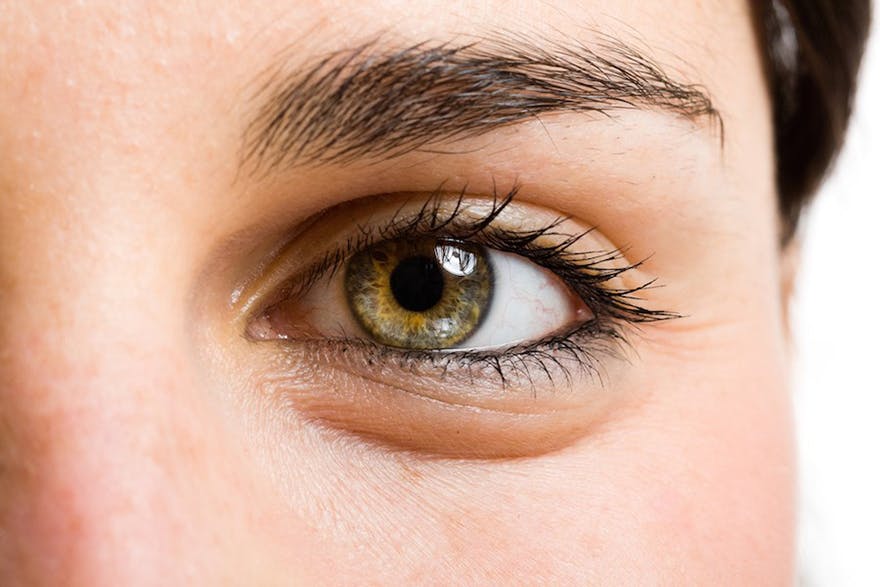Nutrients for Your Eyes
HEALTH & WELLNESS
10.21.2014

Take a moment to consider your eyes. They are just the size of ping pong balls, yet eyes help you to take in all that happens around you. When you’re awake, eyes interpret a steady stream of information that they transmit to your brain for processing, all in far less time than it takes to blink.
While a balanced diet is the preferred source of vitamins and minerals, a multivitamin helps fill in small nutrient gaps that could make a difference in your vision, no matter what your age; some multivitamins provide nutrient levels that have been adjusted to support eye health. Here’s how to get the nutrients you need for healthy eyes.

Focus on: What to eat for eye health
Vitamin A: Carrots are rich in beta-carotene and other carotenoids that serve as raw materials for making vitamin A in the body. Beta-carotene is also a pigment that provides carrots, sweet potatoes, squash and other orange and yellow produce with their orange color. Retinol, a form of vitamin A that you can get from animal foods and dietary supplements and that the body produces, largely from beta-carotene, accumulates in the retina of the eye. Vitamin A is also involved in the formation of rod cells in the retina that allow you to see in low light, also known as “night vision.”
Lutein and zeaxanthin: Like beta-carotene, lutein and zeaxanthin are carotenoids. Lutein and zeaxanthin are the only carotenoids found in the retina of the eye, and they are responsible for absorbing light that could damage vision. Foods rich in lutein and zeaxanthin include spinach, kale, Romaine lettuce, broccoli, corn and orange juice. Include at least five servings of bright orange, yellow, and green vegetables in your eating plan every day to help get the lutein and zeaxanthin you need.

Omega-3 fats: Omega-3 fats are polyunsaturated fats. As part of cell membranes, the barriers that separate and protect the inner workings of cells, omega-3s offer structural support in eyes and in the rest of the body. One of the omega-3 fats called docosahexaenoic acid (DHA) is particularly important for eye health. DHA is present in high levels in the retina, helping the eyes to register images and transmit them to the brain. Seafood has the highest levels of naturally-occurring omega-3 fats. If you don’t eat at least two fish meals weekly, as recommended by the 2010 Dietary Guidelines for Americans, you may want to consider taking omega-3 supplements.

Vitamin C: Vitamin C is one of several antioxidants in the body that deflect damage from free radicals. Free radicals are oxygen-based by-products of everyday, normal metabolism, and are also formed in the body in response to toxins such as cigarette smoke (including secondhand) and air pollution. Fruits and vegetables, such as citrus, kiwi, strawberries, and spinach are rich in vitamin C.

Vitamin E: Vitamin E is also an antioxidant that serves to protects cells, including eye cells, from damage. Vitamin E is typically found in high-fat foods such as almonds, sunflower seeds, peanuts and peanut butter, and avocado, as well as in multivitamins.
Image Credits: Minerva Studio/Shutterstock.com
Recommended Articles
The 5 Best Foods That Will Help Supercharge Your Brain
Amidst our busy schedule, it's important to retain our focus and memory. Resting alone is not...
Iron deficiency is a lot more common than you would think. A recent survey by SATA CommHealth(i...
Mars vs Venus: Understanding the His and Hers of Nutritional Needs
Mars vs Venus: Understanding the His and Hers of Nutritional Gaps Although their DNAs are...






